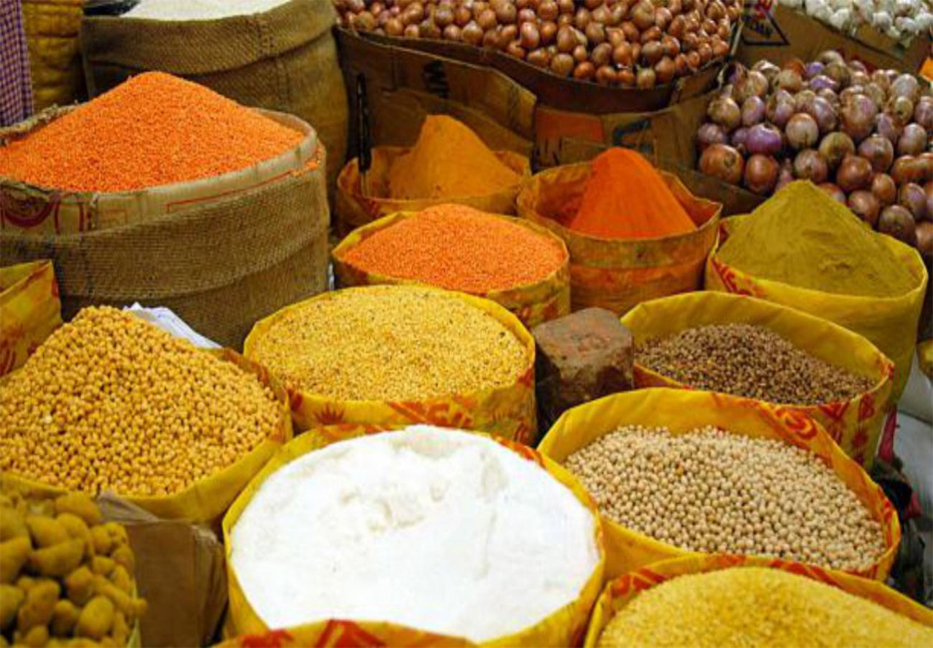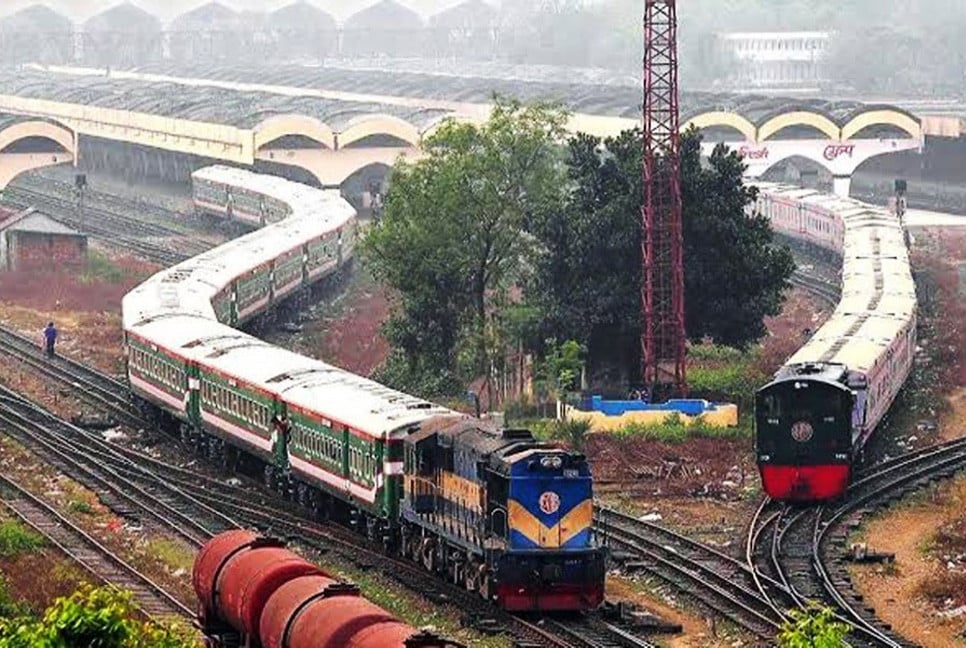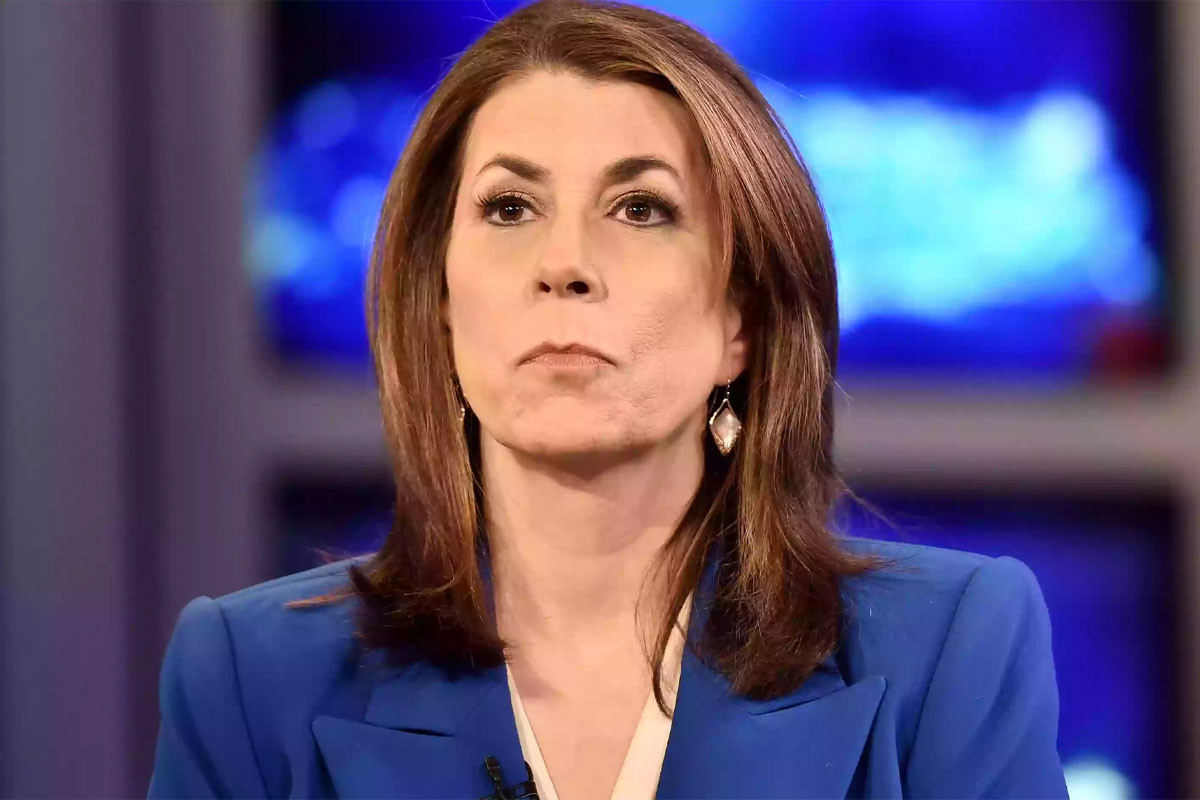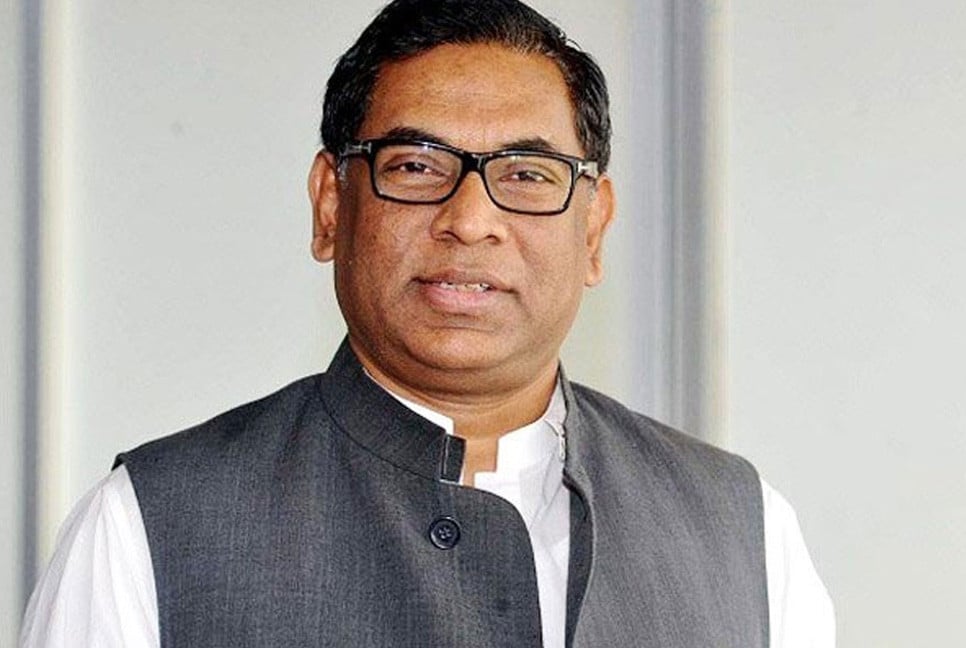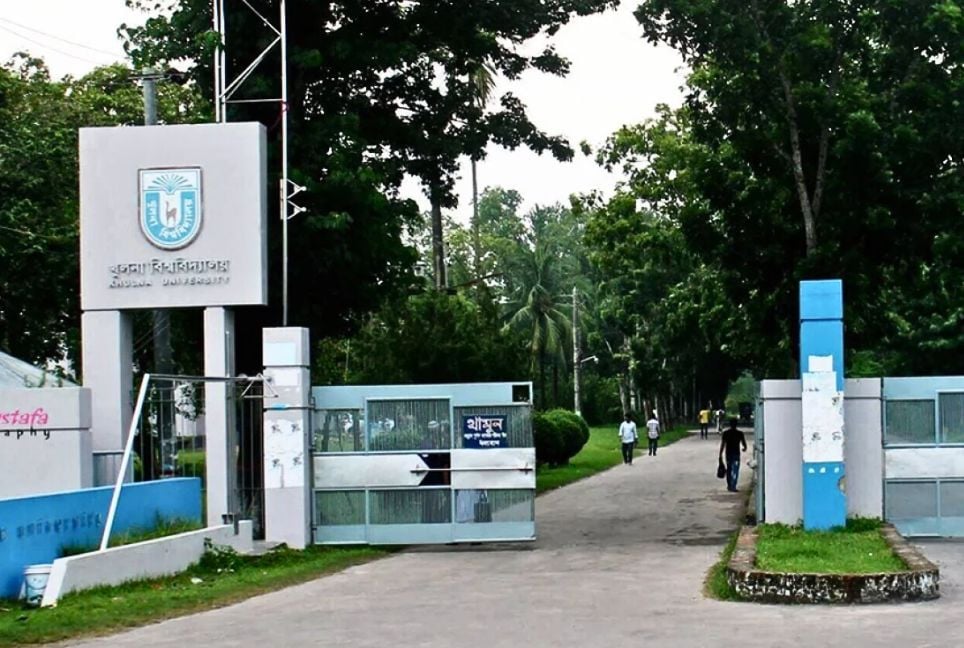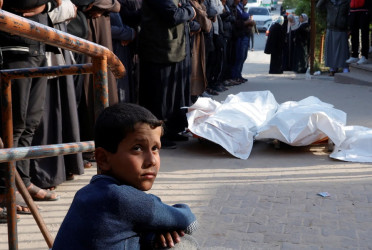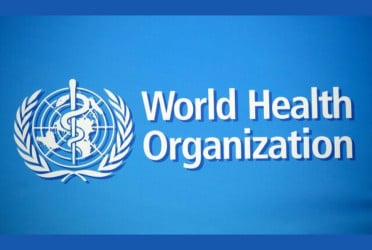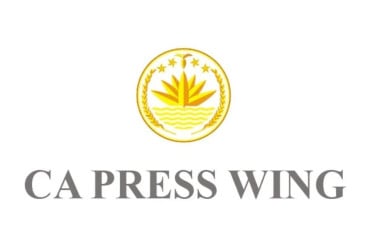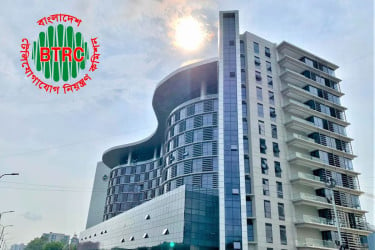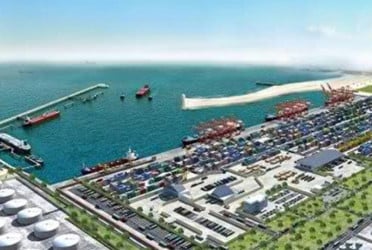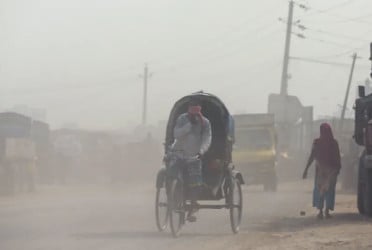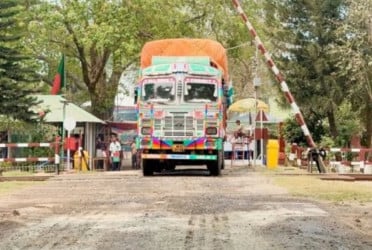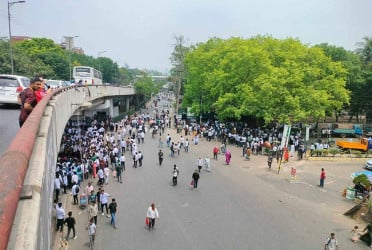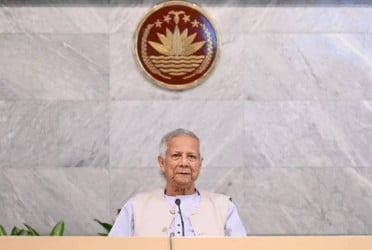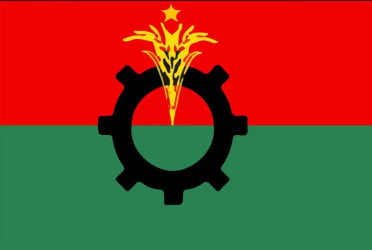Middle and low income people have been hit hard by the blow of continuously price hike of the daily commodities and they have been compelled to cut their budget for food commodities to live their lives amid soaring prices.
Rice is not available under Tk 55 per kg, while no vegetable can be purchased less than Tk 50. Even, the low-income people can’t afford broiler chicken, Pangash fish, Koi or walking catfish with their limited income.
The price of pulses is Tk 120 per kg which was Tk 65 even a year before. As if even having simple meal with scrambled egg, smashing potatoes, pulses and rice seems luxury, let alone purchasing fish and meat.
In addition to commodity price hike, the cost of transportation, baby food, medicine has also been raised. So, the mass people are in struggle to curtail the size of their budget.
Bashir Hossain, a small business-owner who sells second hand books in Paltan in the capital. However, as the sale of books drops these days, he changed his business. Now, he’s selling vegetables on a rickshaw van in morning hours, in addition to working as a deliveryman for online food service. But, his running income is less than what he used to earn previously even after being involved in two jobs.
The price hike in fuel oil leads to rising price of everything including transport. So, he became rationing and decided to leave his two room-resident and go to a one-room house.
He said, “Prior to price hike, I used to purchase fish, chicken and eggs to feed my children. However, at present, even low-priced fishes seems costly. So, finding no other way, I couldn’t but began to rationing food items.”
The price appreciation of dollar and fuel oil causes the production costs of readymade garment-wear to rise. But, the foreign buyers are ordering the products in previous prices. Hence, even the wages of garments worker like Mamunur Rashid remained same, his cost of living increased twice. As a result, to meet up the extra expenses, he began to start business of gaments’ stocklot clothes in small range. He does the business besides the job.
However, he’s struggling to meet the expense of daily necessities. He reduced the purchasing of fish and meat. In addition, he couldn’t take one egg everyday what he used to do previously.
From the study it has been revealed that the people who executed their living expenses by using their saving in the time or covid-19, have been suffering deadly at present due to abnormal price hike. The government thinks it’s an outcome of Russia-Ukraine war. But, the fact is there’s not much rise in food commodity and fuel oil across the world because of the war as it has been increased in Bangladesh.
Consumer Association of Bangladesh (CAB) Chairman Golam Rahman thinks the price hike is the result of rising fuel oil price. He said the price hike of the commodities is the by-product of lack of accountably in the relevant sectors of our country. We see the continuous support of government in the developed countries. There none can raise price illogically as presence of accountability is visible. Hence, the effect of world-situation is less intense there than what it is in our country.
Meanwhile, in the report of a UK-based world risk consultant firm published in last month, it has been said that due to the rising cost of living, the developing countries including Bangladesh might see social instability. Observing the condition of 132 countries, world risk intelligence organization Verisk Maplecroft published the civil unrest index for the next six months. It stated due to the rising cost of living the middle income countries are subject to face high risk. According to Maplecroft, especially, 10 countries are in high instability risk: Argentina, Brazil, Egypt, Tunisia, Lebanon, Senegal, Kenya, Pakistan, Bangladesh and Philippines.
In the first month of running fiscal year, July, the total inflation of the country is 7.48 per cent, while it was 7.56 per cent in June. It’s assumed that the inflation will rise in next month due to the rising fuel price. Though, the fuel price has been reduced slightly recently, its affect to the inflation will not that much positive, said experts. They suggest reducing the price of commodities to control the inflation.
Dr AB Mirza Azizul Islam, former caretaker government advisor said, because of the lack of proper monitoring, the effect of hike in commodity price is little more intense in the country. Because of the non-presence of accountability, the prices are increased without control and there are no preventive or punitive measures against it.
According to Trading Corporation of Bangladesh (TCB), in a year the price of rice has been increased to 12-14 per cent, flour 55-75 per cent, Soybean Oil 38-50 per cent and egg up to 55 per cent.
In a word, prices of all food commodities have been increased. However, the income of mass people hasn’t been increased proportionately. During COVID-19, many small business-owners compelled to stop their business, and they didn’t able to resume it. A huge number of people lost their jobs, but they didn’t regain it. So, finding no other alternative, people began to curtail their budget of purchasing daily commodities and rationing daily meals.
@ This report appeared on the print and online version of Bangladesh Pratidin on Sunday (September 4) and has been rewritten in English by Lutful Hoque

